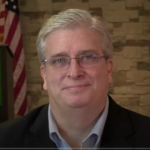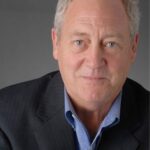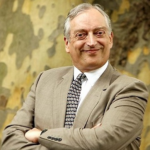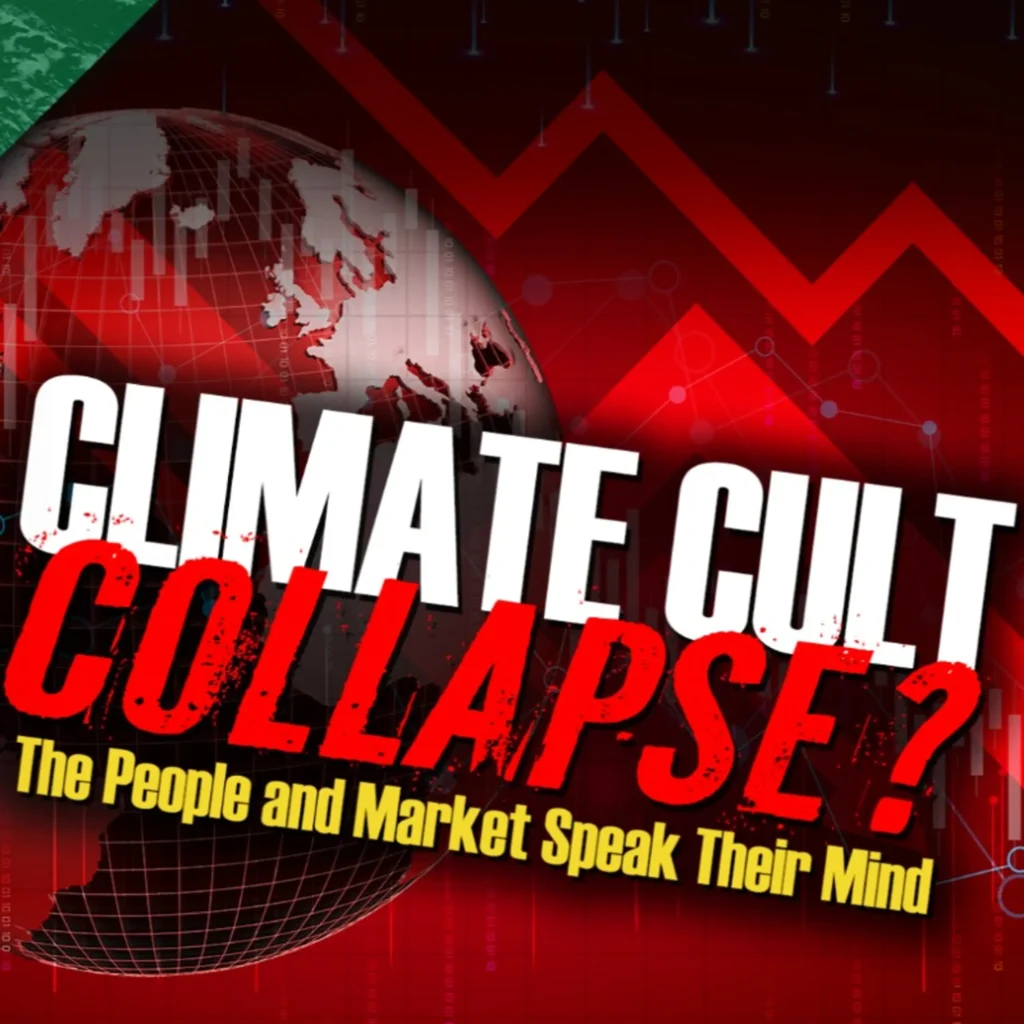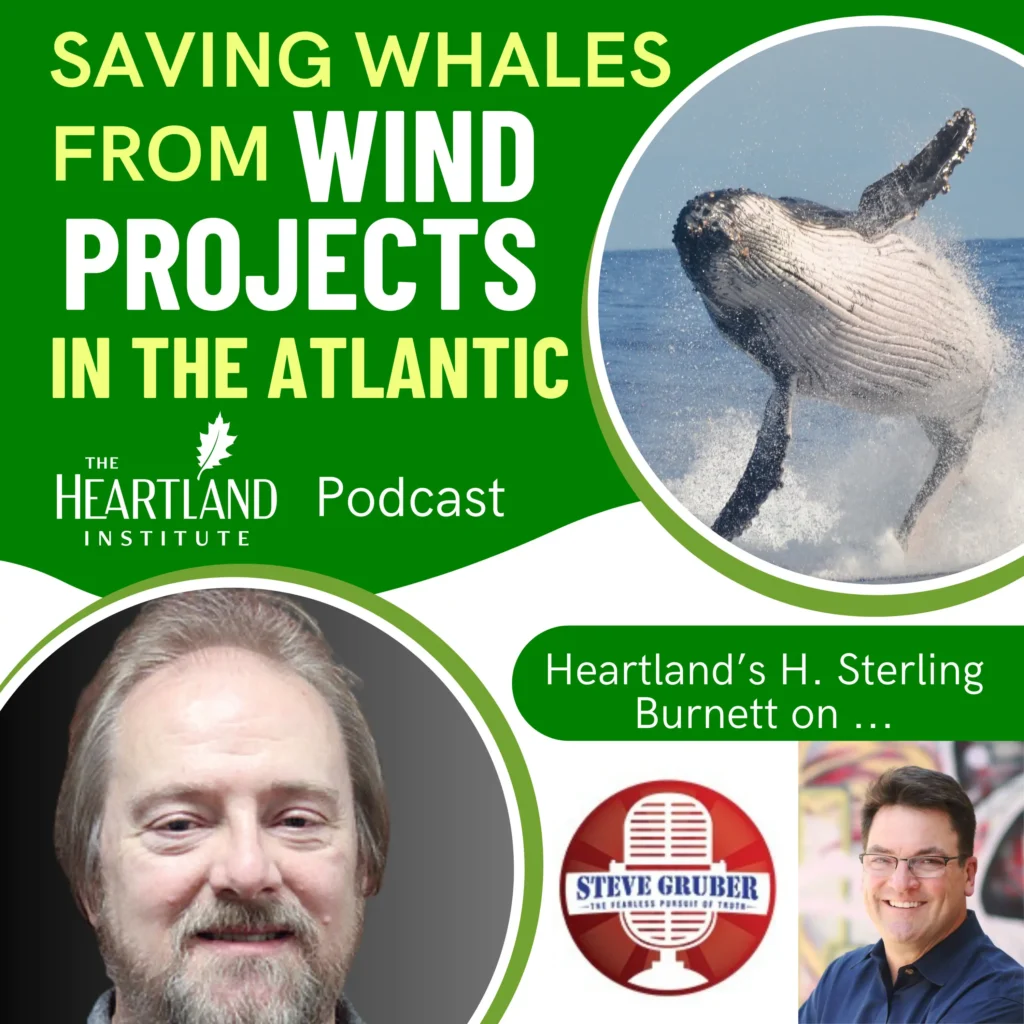December 7 event in Paris to feature Patrick Moore, Wolfgang Müller,
Nick Loris, and Christopher Monckton
The Heartland Institute and the Committee for a Constructive Tomorrow (CFACT) are joining forces with other allied organizations to bring some of the world’s most esteemed climate scientists and policy experts to Paris for the COP-21 conference.
The day-long program – called the “Day of Examining the Data” – will be held on Monday, December 7 in the San Francisco Room at the Hotel California, 16 Rue de Berri, 75008 Paris, France. The program begins with a press conference at 9:00 a.m., followed by panel presentations and a keynote luncheon address. Presenters will make the compelling case that an objective examination of the latest climate science shows humans are not causing a global warming crisis, and that the United Nations’ plans to restrict fossil fuel use in emerging economies will keep the world’s poor from rising out of poverty.
The event is open to the public. Credentialed media should RSVP by contacting Heartland Institute Director of Communications Jim Lakely at [email protected] or 312/731-9364.
The presentations of science and policy will be followed by the global “red carpet” premiere of the CFACT documentary Climate Hustle at 7:30 p.m. at Cinema du Pantheon, 13 Rue Victor Cousin, 75005 Paris.
Heartland and CFACT last week announced four scientists for the “Day of Examining the Data” event: S. Fred Singer, Ph.D., Willie Soon, Ph.D., Robert M. Carter, Ph.D., and Christopher Essex, Ph.D. The second panel of the day, covering global energy policy, will feature the following policy experts:
Patrick Moore, Ph.D., a founding member of Greenpeace and a leader of the international environmental movement for more than 40 years. He reveals the myths and misinformation that distort current environmental debates and calls for issues to be discussed on the basis of accurate scientific data. He is the author of Confessions of a Greenpeace Dropout: The Making of a Sensible Environmentalist. Read more of his bio at this link.
Wolfgang Müller is general secretary of the European Institute for Climate and Energy (EIKE), Germany’s leading think tank for climate and energy policies. Previously he worked for the Friedrich Naumann Foundation in Germany and abroad as country representative in Zimbabwe and project director of the Economic Project in Southern Africa.
“It is about time that people in Paris learn the truth about Germany’s green energy failure,” Müller said. “With annual costs of $30 billion, it has no impact on the world’s climate while destroying the environment and destabilizing the power grid. Only a wealthy country like Germany can afford the folly of our green energy plan.”
Nicolas Loris, an economist, focuses on energy, environmental, and regulatory issues as the Herbert and Joyce Morgan fellow at The Heritage Foundation. A senior policy analyst in Heritage’s Roe Institute for Economic Policy Studies, Loris researches and writes about energy supplies, energy prices, and other economic effects of environmental policies and regulations, including climate change legislation, energy efficiency mandates, and energy subsidies. He covers coal, oil, natural gas, nuclear power, and renewable energy policy and articulates the benefits of free-market environmentalism. Read the rest of Loris’s bio at this link.
“Access to dependable and affordable energy is an essential requirement for human development and prosperity,” Loris said. “Both experience and data show that policies designed to control energy markets through government interference and heavy-handed regulation hamper economic growth rather than stimulate it. Increasing amounts of UN bureaucracy meddling in energy markets will only serve to block access to abundant resources and transfer enormous sums of wealth toward politically preferred technologies.”
Christopher Monckton, Third Viscount Monckton of Brenchley, is chief policy advisor to the Science and Public Policy Institute. He has held positions with the British press and in government, as a press officer at the Conservative Central Office and as Prime Minister Margaret Thatcher’s policy advisor. Monckton advised Thatcher on technical issues such as warship hydrodynamics, psephological modeling, hydrogeology, public-service investment analysis, public welfare modeling, and epidemiological analysis. He currently is a consultant giving technical advice to corporations and governments. Read the rest of Monckton’s bio at this link.
“It is now known that little more than 0.5 degrees’ C warming will happen this century. In the past 18 years nine months there has been none,” Monckton said. “In any event, it is 10 to 100 times cheaper to adapt to global warming later than to try to prevent it now. Corruption in high places has kept this dead horse twitching, for the global warming scam represents the largest transfer of power and wealth in human history from the poor to the rich. In Paris, while governments and profiteers of doom lie, Heartland will speak the truth.
The global press is calling COP-21 the last chance to convince the world’s governments to “solve” the global warming crisis. The contingent of climate realists led by Heartland and CFACT will be there to prove with globally accepted scientific data that there is no human-caused global warming crisis to solve.
For background on these arguments, watch presentations by some 200 scientists and policy experts at Heartland’s 10 International Conferences on Climate Change. Those who prefer to read can review the four volumes in the Climate Change Reconsidered series, produced by the Nongovernmental International Panel on Climate Change (NIPCC) and published by The Heartland Institute.
For more information about the program, or to interview the participants, contact Jim Lakely at [email protected] or 312/731-9364.
The Heartland Institute is a 31-year-old national nonprofit organization headquartered in Arlington Heights, Illinois. Its mission is to discover, develop, and promote free-market solutions to social and economic problems. For more information, visit our Web site or call 312/377-4000.
CFACT is recognized as an exempt 501(c)(3) organization under the Internal Revenue Service Act of 1954. It is primarily funded by private citizens across the United States and has never sought or received money from federal, state, or local governments.
